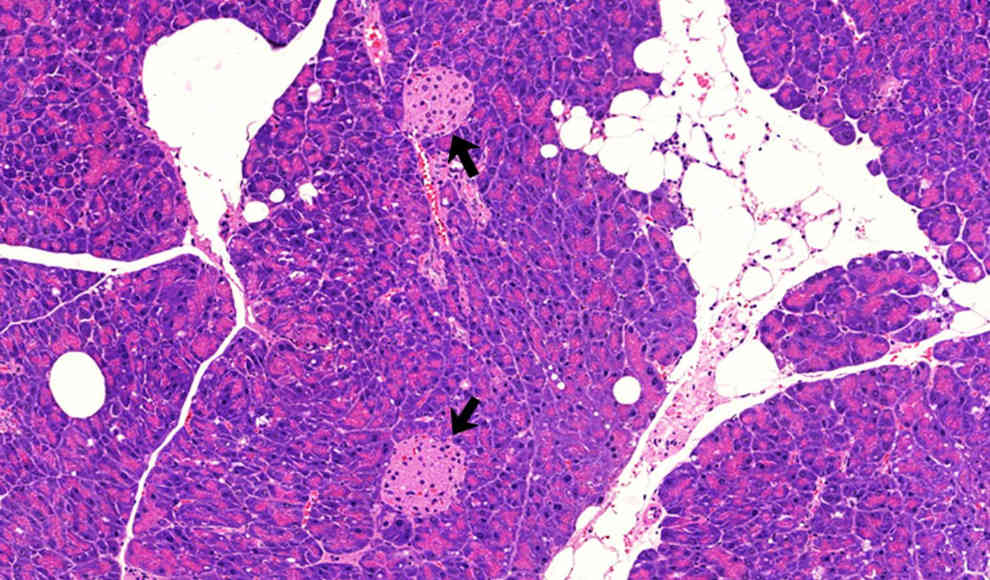New research from the German Institute of Nutrition and the German Center for Diabetes Research has found that intermittent fasting can reduce the risk of developing type 2 diabetes by breaking down fat in the pancreas. The study, which was conducted on laboratory mice, found that fat in the pancreas can cause insulin secretion, leading to the exhaustion of Langerhans cells and an increased risk of type 2 diabetes. The researchers recommend intermittent fasting as a preventative measure, as it can reduce fat in the pancreas and regulate insulin levels.
Intermittent fasting is a popular dieting method where people consume food during an eight-hour window and fast for the remaining hours of the day. The 16:8 method is the most common form of intermittent fasting, where people skip breakfast and consume food during an eight-hour window. Previous research has shown that intermittent fasting can regulate insulin levels and prevent the development of fatty liver disease.
The study found that excess fat in the pancreas can lead to the development of type 2 diabetes. The researchers discovered that fat cells in the pancreas can cause an increase in insulin secretion, leading to the exhaustion of Langerhans cells. The study was conducted on laboratory mice, where one group was fed an unrestricted diet and the other group was fed using the intermittent fasting method. The group that was fed using the intermittent fasting method showed a reduction in fat accumulation in the pancreas.
The researchers recommend intermittent fasting as a preventative measure for type 2 diabetes, as it can reduce fat in the pancreas and regulate insulin levels. The study highlights the importance of reducing fat in the pancreas, as well as the liver, to prevent the development of type 2 diabetes. The researchers suggest that intermittent fasting is an easy and effective way to reduce fat in the pancreas and prevent the development of type 2 diabetes.










